The ripple of the net. The roar of the crowd. Whether you’re at the top of your game or trying to become more physically active, sports and exercise offer unique benefits. Sports and exercise industry professionals have rewarding careers. Whether helping athletes reach their peak performance or assisting individuals in regaining their mobility. You can too. Explore exercise and sports science.

With the exercise and sports science industry continuing to grow, and an ageing population seeking to make the most of life, there has never been a better time to consider a career in sport and exercise. You could even pursue a career in sports media if that’s up your alley – and that’s our new major in our bachelor’s from 2025!

Here are a few ideas to get you started.
#1 Accredited exercise scientist
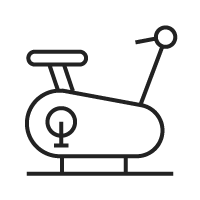
An accredited exercise scientist (AES) devises tailored exercise plans to promote health and wellbeing and also to mitigate as much as possible against injury or the development of a medical condition. They can use their skills and knowledge to help individuals or enhance an athlete’s performance. As an AES, you could even work with corporations to improve the wellbeing of their staff.
#2 Athletic trainer
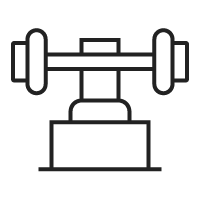
That’s right, the Olympics and Paralympics are coming to Australia – again! Athletic trainers will play a key role in competitors’ success. Their expertise is invaluable in professional sports, where fine margins can determine where the biggest prizes are awarded. Plus, they can work in places like schools, colleges, fitness centres and healthcare facilities, helping people maintain their overall health and fitness and improve their performance.
#3 Biomechanist
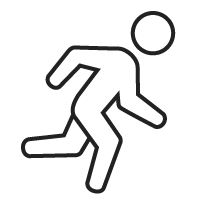
When it comes to the nuts and bolts of human movement, biomechanists are your go-to. They work in the field of kinesiology, studying how people move and the effect that different forces can have on that movement. That means everything from how bones respond to pounding on an athletic track to the way muscles respond to different stresses. Being a biomechanist combines biology, physics and the laws of mechanics to analyse performance and improve results. The career opportunities are limited to working with individuals or teams. Biomechanists also work in areas such as sports equipment manufacturing and the design of sports facilities.
#4 Strength and conditioning coach
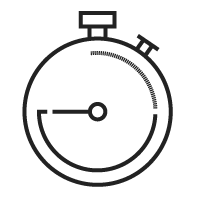
In the run-up to an event like the Olympics and Paralympics, athletes work closely with strength and conditioning coaches to achieve goals such as improving performance and reducing the risk of injury. As a strength and conditioning coach, you’ll focus on the personalised programs individuals need to hit their targets. Your knowledge will inform training and recovery programs that optimise everything from mobility and power to endurance. Besides professional athletes, you can also work with individuals to help them achieve their personal goals. Or even older people, who benefit from conditioning coaching to build strength to prevent things like falls.
#5 Community fitness and recreation programmer
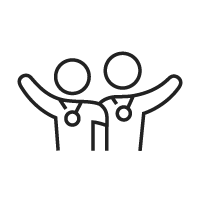
Work at the heart of your community. You could create, facilitate and manage sports, recreation and physical activity initiatives for all ages across your community. Improving health, quality of life and enjoyment. You might also be involved in creating programs aimed at specific problems, such as combating obesity or chronic illnesses.
#6 Performance analyst

Combine your knowledge of exercise science with your ability to draw meaningful conclusions from data as a performance analyst. You could work with athletes across all levels of sports – from amateur to Olympic-level – to maximise their performance and unlock their potential. You’ll use everything from video analysis to big data sets to find the marginal gains to make a difference. You might also be involved in using data to inform recruitment for sports teams.
#7 Sports media professional

Select the sports media major in our bachelor’s degree, and you could share your passion for sports with an audience. As a sports broadcaster, you’ll be the voice that brings sports events to life. As a sports journalist, you can craft compelling stories, report on game outcomes, and delve into the personal journeys of athletes. Or you could work in media and comms for a sports organisation, enhancing brand visibility, engaging with fans and securing press coverage.
Take your study and career further
If you take on further study with a postgraduate qualification after your bachelor’s, you can open up these career opportunities
#8 Accredited exercise physiologist
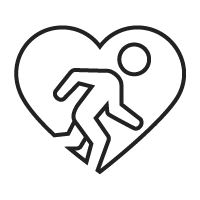
If you want expertise on how the human body works and the way it responds and adapts to movement, you should consult an accredited exercise physiologist (AEP). They understand how the body works, but also work with individuals to ascertain their unique physiology and what they can do. And what they want to achieve. Then they devise an exercise program to meet those personal goals. From helping people recover from illness and manage chronic conditions to improving physical wellbeing for the elderly by enhancing mobility and function, exercise physiologists make bodies move better.
Heads-up: To become an accredited exercise physiologist, you'll need to do both an undergrad course, (like our Bachelor of Exercise and Sport Science) and a postgraduate degree, e.g. the Master of Clinical Exercise Physiology.
#9 Workplace assessor
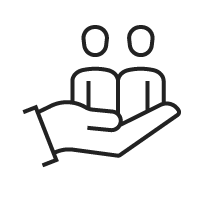
If you undertake postgraduate studies in clinical exercise physiology, you can open up a path to working with organisations to improve their occupational health and safety – keeping staff safe and preventing injuries on the job. You’ll also work with staff members who have an injury or medical condition to devise suitable ways to help them perform their role. Additionally, you can develop conditioning programs to maximise staff wellbeing.
Need more career ideas? You got it!
It says something about the breadth and depth of career options in this area that the ten above merely scratch the surface of paths you could pursue. Here are a few more ideas for rewarding jobs in sport and exercise science:
- Athlete development officer – identify and nurture the next generation of sporting talent.
- Fundamental movement trainer – help people enhance their motor skills.
- Personal trainer – work out ways to help people work out.
- Health educator – share your knowledge in schools or universities, or go into research.
- Policy adviser – have an effect on initiatives around health and wellbeing.
- Physiological assessor – identify and address issues with sleep, cardiac and respiratory conditions.
- Allied health assistant – supports the work of physiotherapists, occupational therapists, speech pathologists and dietitians.
- Disability and lifestyle coordinator – assist individuals in achieving independence and enhancing their quality of life.
Jobs in sport and exercise – kick off your career
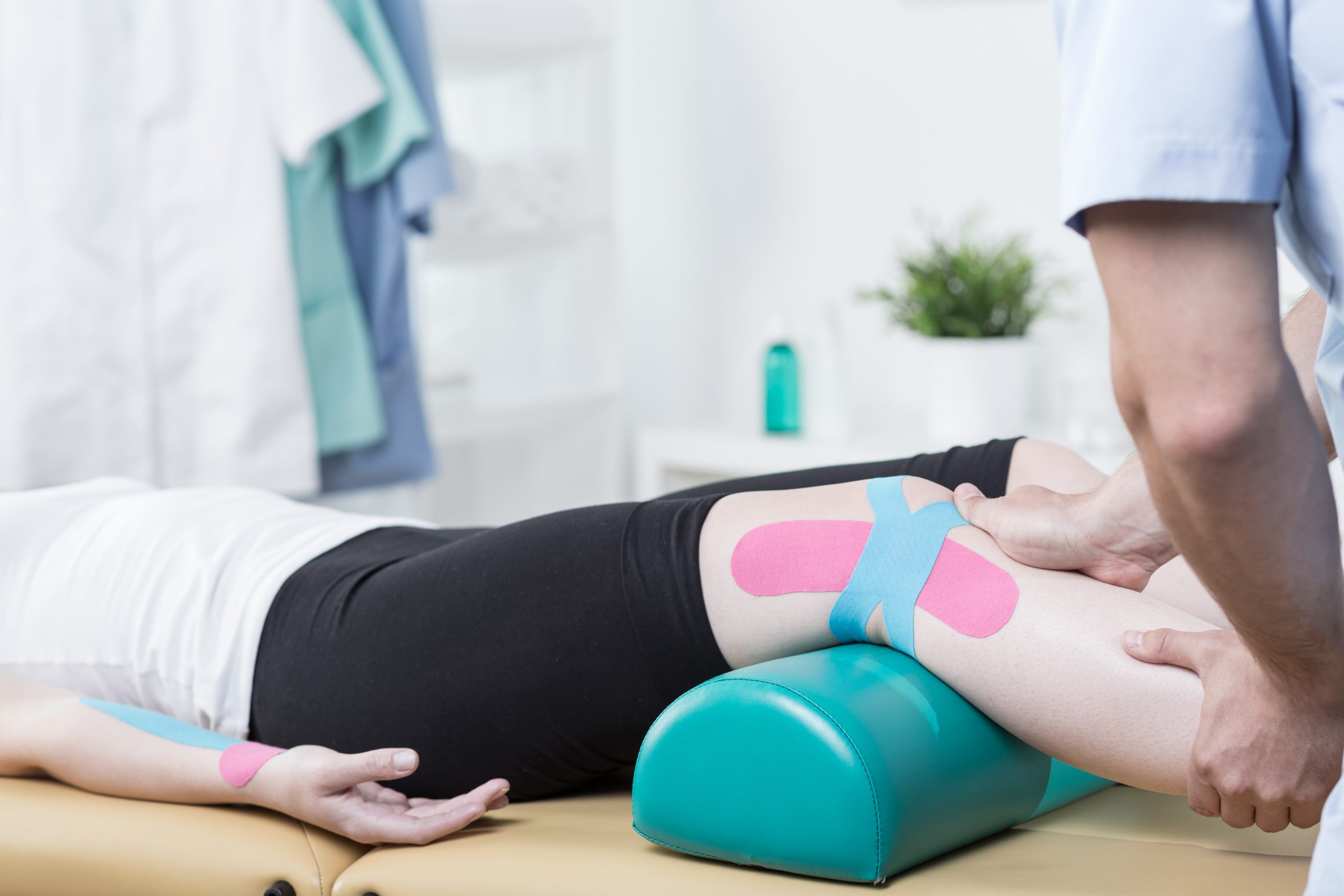
At Charles Sturt, we have a suite of courses to help you secure one of the jobs in sport and exercise that gets your blood pumping. At the start of your career? Join the Undergraduate Certificate in Exercise Studies to get all your foundational knowledge. Tackle a full degree with the Bachelor of Exercise and Sport Science, which is professionally accredited by Exercise and Sports Science Australia (ESSA). Or become an accredited exercise physiologist with the Master of Clinical Exercise Physiology.
And who knows, perhaps you’ll be there in Brisbane helping our Olympians and Paralympians go for gold. Go the Tillies!

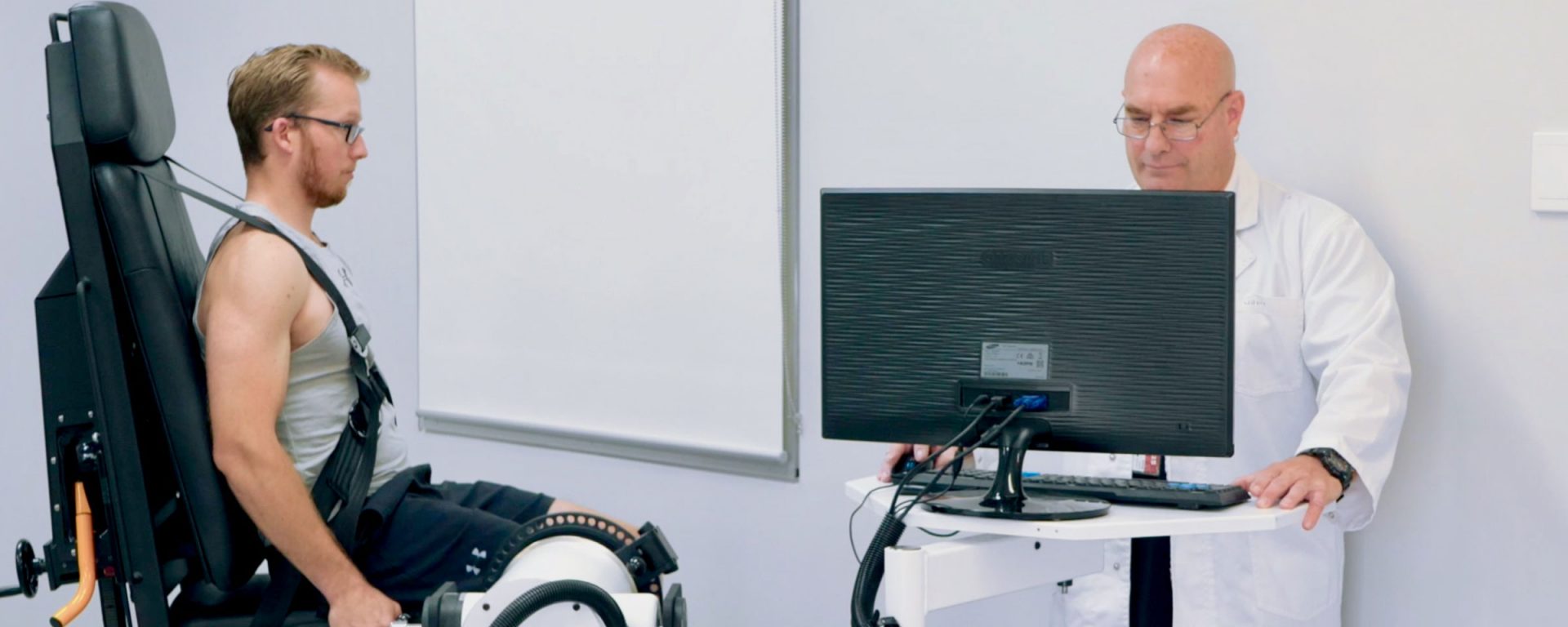
You must be logged in to post a comment.